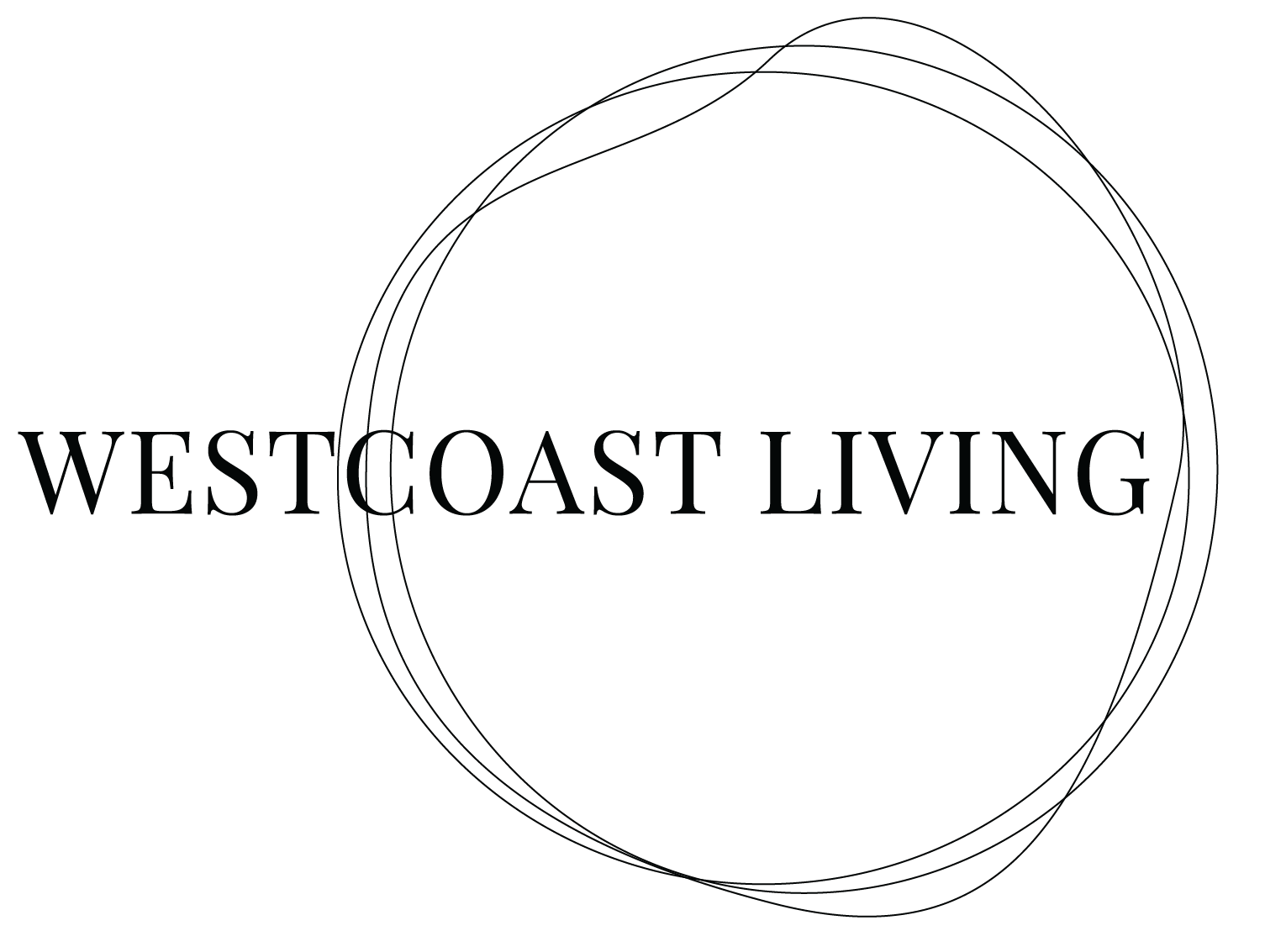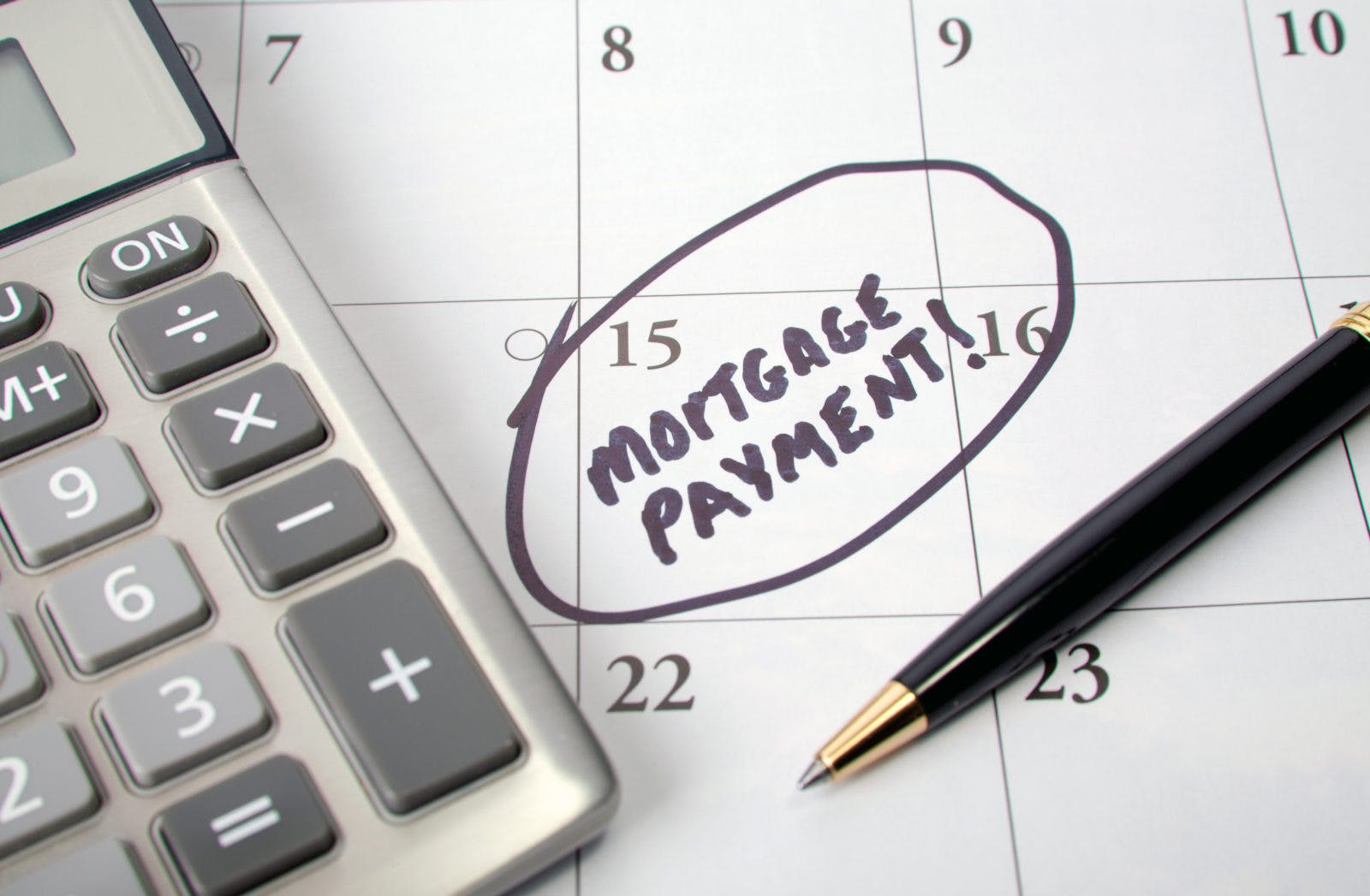Flour, sugar, milk and maybe chocolate chips? Trying to determine your monthly mortgage payment is like trying to bake a cake without the recipe. Having all the information before you start house hunting means you will have the right recipe for success.
Part of creating a smooth process for yourself when purchasing a new home is being well prepared — the fewer surprises during the process, the better chance you have of securing your dream home. By soliciting the help of a professional Mortgage Broker or Specialist, the process will seem less like cooking in the dark and more like an exciting adventure.
Ditch your mixing bowl and spatula and seek out a professional. Keep the mortgage calculator from our website handy as you start collecting your ingredients. It is found on every listing page. The calculator will give you a sense of what you can afford and is a great starting point for pre-qualification.
Jen Lowe, Mortgage Broker with Modern Mortgage Group in Victoria, BC, says a basic mortgage calculator will give you a general sense of what your mortgage payment might be. And consulting with a professional will help you understand the important details behind the numbers.
“Being prepared with a credit check, proof of income, the source of income, the down payment, and where it’s coming from, is a great starting point before you begin house-hunting,” says Lowe.
Mary Major Allen, Mortgage Broker with The Mortgage Group in Halifax, agrees. “Sometimes, people need a reality check early on. What they want and what they can afford can be very different. By consulting with home buyers before the search process starts, we can help them calculate their monthly mortgage payment with insight and support.”
Essentially, the formula includes your mortgage amount, which is the price of the home minus the down payment. Don’t forget to add in the mortgage insurance if you need it. You then include the number of years it will take you to pay off the loan, known as the amortization period. Then, plug in the mortgage rate, which is the interest rate you will pay on the loan.
But there is more to the formula than simple pluses and minuses. Here is a look at what you are going to need.
The Ingredients
First, determine what the loan amount will be. Take the cost of the home, minus the down payment, and you have the loan you require. Once you have this number, look at the interest rate, the number of years, and the type of loan. We will talk about market value, home equity, monthly income, and debt ratio a little later.
A Dash of Interest
This seems like an easy task at first. Look at a few banks, check out what they are offering for a rate and take the lowest interest possible. Unfortunately, it’s not that simple. Using this process doesn’t mean you are getting the best mortgage rate for your situation.
When it comes to finding the best, look for the mortgage rate that minimizes your overall borrowing costs. Look for the lowest rate for the most suitable term for your needs. Although rates change frequently, you can check out current Mortgage Rates in Canada here, and BC’s rates here.
Your Loan-to-Value will influence your rate as well. Your LTV is your mortgage amount as a percentage of your home’s value. So why is this a big deal? Let’s say you borrow 95 per cent of the value of the home instead of putting down more and only borrowing 75 per cent of the value. You would have more equity in your home at 75 per cent, which sounds better; however, in doing so you will likely be given a higher interest rate. It seems the opposite of what should happen, right? Here’s why. If you have less than 20 per cent down payment, you are required to purchase default insurance, which protects the lender from loss and makes lending more economical. The lender will then pass this along to the borrower at a better rate.
Other tidbits to consider are the cost of the home and the mortgage amount. Generally, the bigger the mortgage, the more profitable it is to the lender, hence a better rate. Keep in mind, home values under $1 million will fetch you a better rate because there is generally a lack of competition for a mortgage of that size, and there is no way to default insure them.
If your credit history is less than stellar or even if you are self-employed, you may need to show additional information and may not qualify for some of the best rates.
“You need to show no late payments on credit cards and a good revolving credit situation,” says Major Allen. “If you had a bankruptcy or consumer debt proposal, for example, you would need to show proof of discharge two years before application. Showing re-established credit is also beneficial, such as a car loan, or a loan for an RRSP. Being self-employed also comes with a few other requirements. Things like a two-year average of earnings and notice of assessment from Revenue Canada.”
New or Temporary Canadians also have a few things to consider when determining their mortgage. Knowing this before starting your home search will help make things go smoothly, she says.
A Pinch of Time
When looking at the interest rates available across institutions, keep an eye on the length of the loan or term offered. Mortgage rates can vary greatly by the term chosen.
“Consider your risk tolerance and short-term plans. For example, if you plan to refinance in a couple of years or move in a year or two, then a five-year fixed rate is probably not the best choice,” explains Major Allen. The lower the rate, the more restrictions you may encounter like early pay-out or selling before the term ends.
Amortization also plays a role in the decision process. The best mortgage rates are usually for amortizations of 25 years or less. If you want a longer payback period, most will add a surcharge. Some have a minimum amortization of 15 years.
Similarly, think seriously about the closing date you choose. The longer an institution needs to guarantee a rate for you, the more they will charge. The best scenario would be a closing date within 30 days. The maximum length most lending institutions will guarantee a rate is 90 to 120 days.
A Twist of Loan Type
When considering your loan type, you need to decide what level of risk you wish to take and how long you plan to stay in your home. A variable-rate means the interest rate will fluctuate during the term of the loan. Fixed means the interest rate stays the same for the term. Fixed rates generally offer more security and stability.
If you plan to stay in your home for the long-haul, having a long term with a fixed rate might be the most advantageous. However, if you plan to be there for less than five years, it may not work for you. Variable rates come in handy if you want more flexibility, and there are potential savings if you don’t mind the risk.
Mix in Monthly Income and Debt Ratio to Determine Affordability
Laying out all the necessary ingredients to determine your monthly mortgage payment won’t mean much in the end if you don’t know what you can afford.
“Many home buyers will say well that’s what I am paying for rent, and I am comfortable with this amount,” says Major Allen. “However, I usually have them go through the budget process to determine exactly what they can afford. We always discuss debt load.”
She explains there is often confusion when discussing debt. Lenders will often take, for example, three per cent of the outstanding balance on a credit card plus the monthly payment amount.
“When looking at what you can afford, we look at debt load, gross income, estimate property taxes, heat, and down payment particulars,” adds Major Allen. “We also take into consideration the Stress Test.”
The Bank of Canada Stress Test means you need to qualify for your mortgage loan as if you are paying a rate of 5.19 per cent even if you have a better rate. It exists to ensure you can afford your home if rates go up. Everyone buying a home must pass the stress test.
Sprinkle in Equity
Why is home equity important to know? Home equity is how much of your home you own at any given time. It is the difference between what you owe on your mortgage and the home’s value. Until your mortgage is paid off, the lender will have a lien on the property. Knowing your equity, you can determine what you can borrow against your home using lines of credit or second mortgages. It may give you more leverage with additional loans for home maintenance, for example.
Although trying to figure out your home mortgage payment may not seem as simple as following a recipe, knowing what the ingredients are ahead of time and seeking the early and ongoing advice of a professional, it will be a piece of cake!

